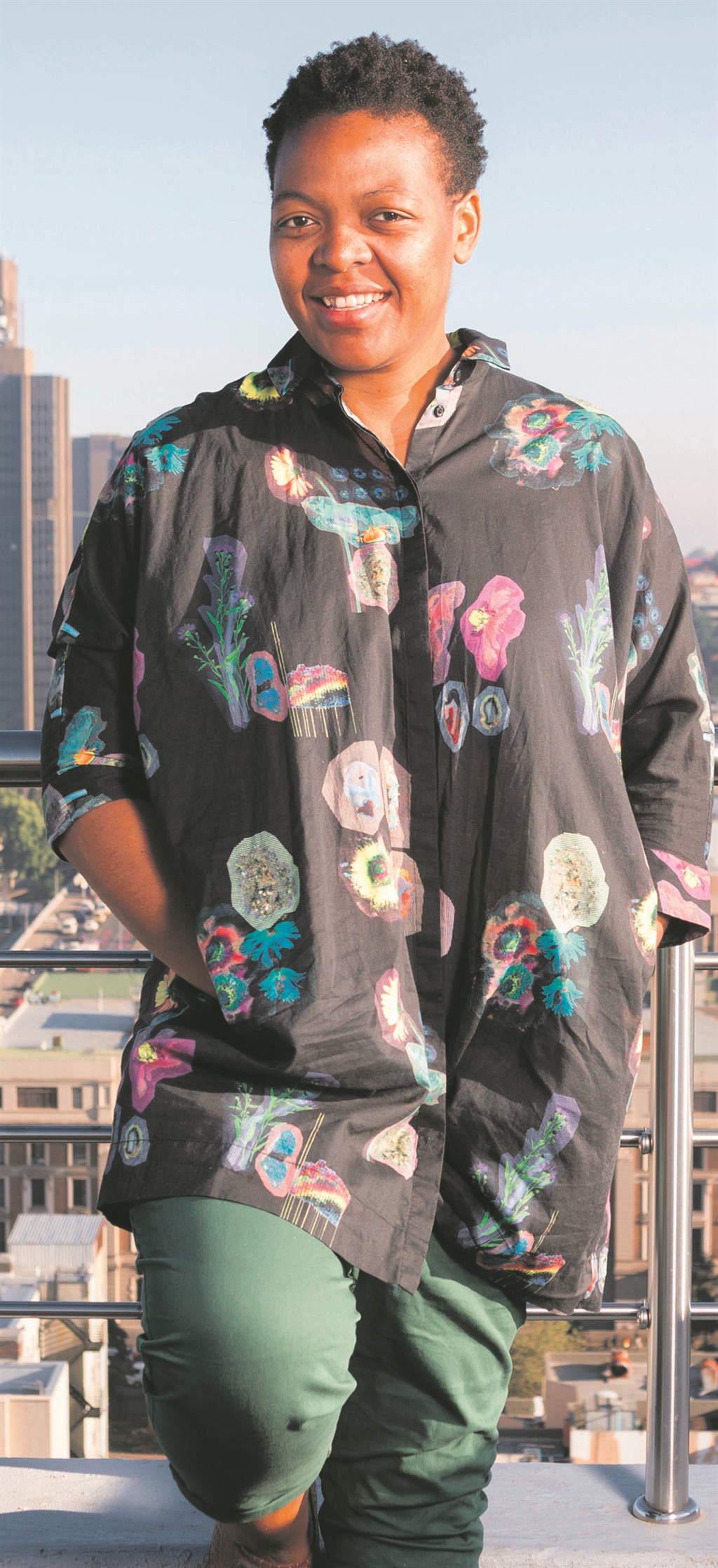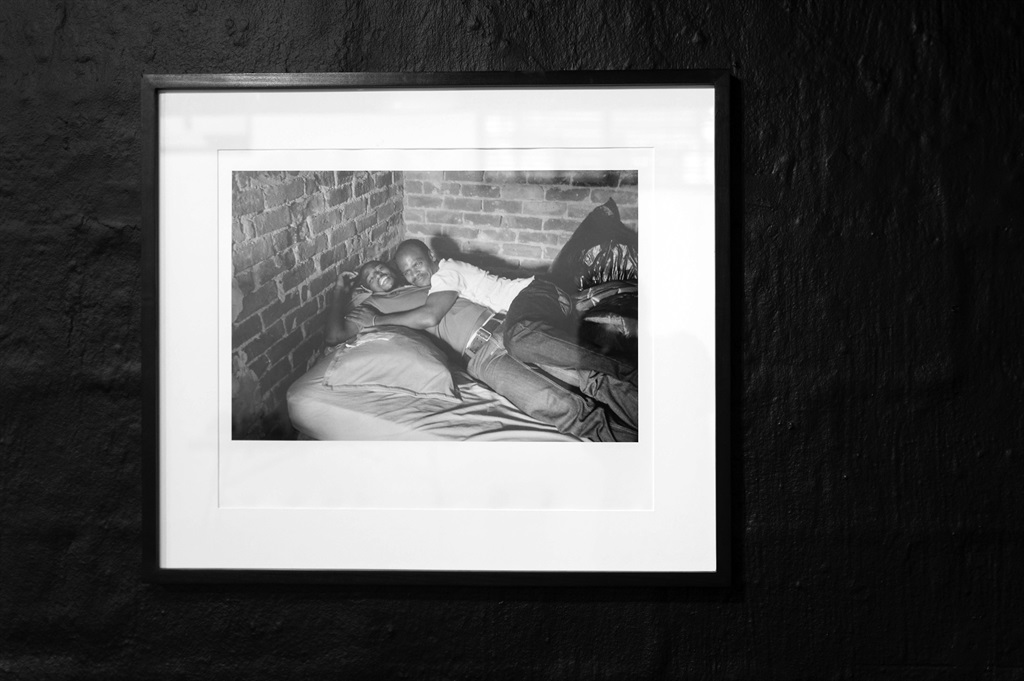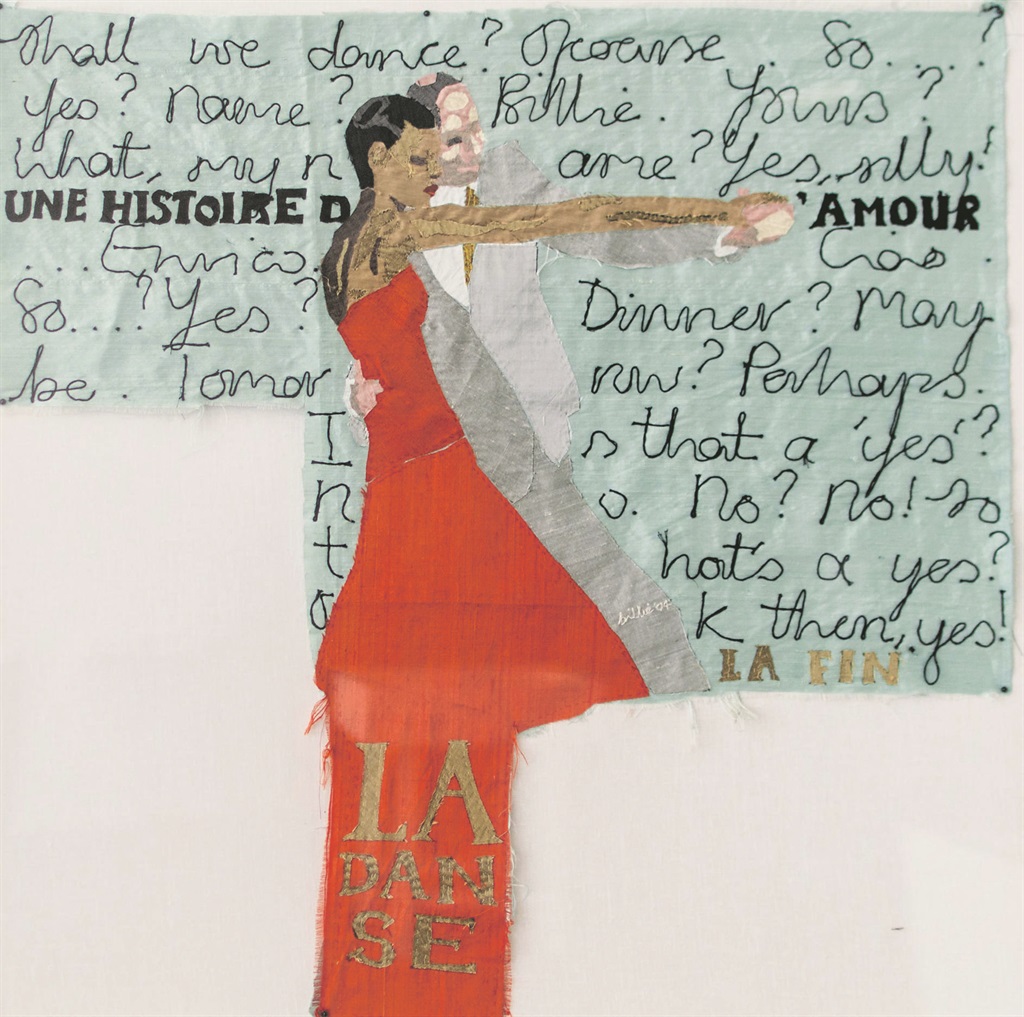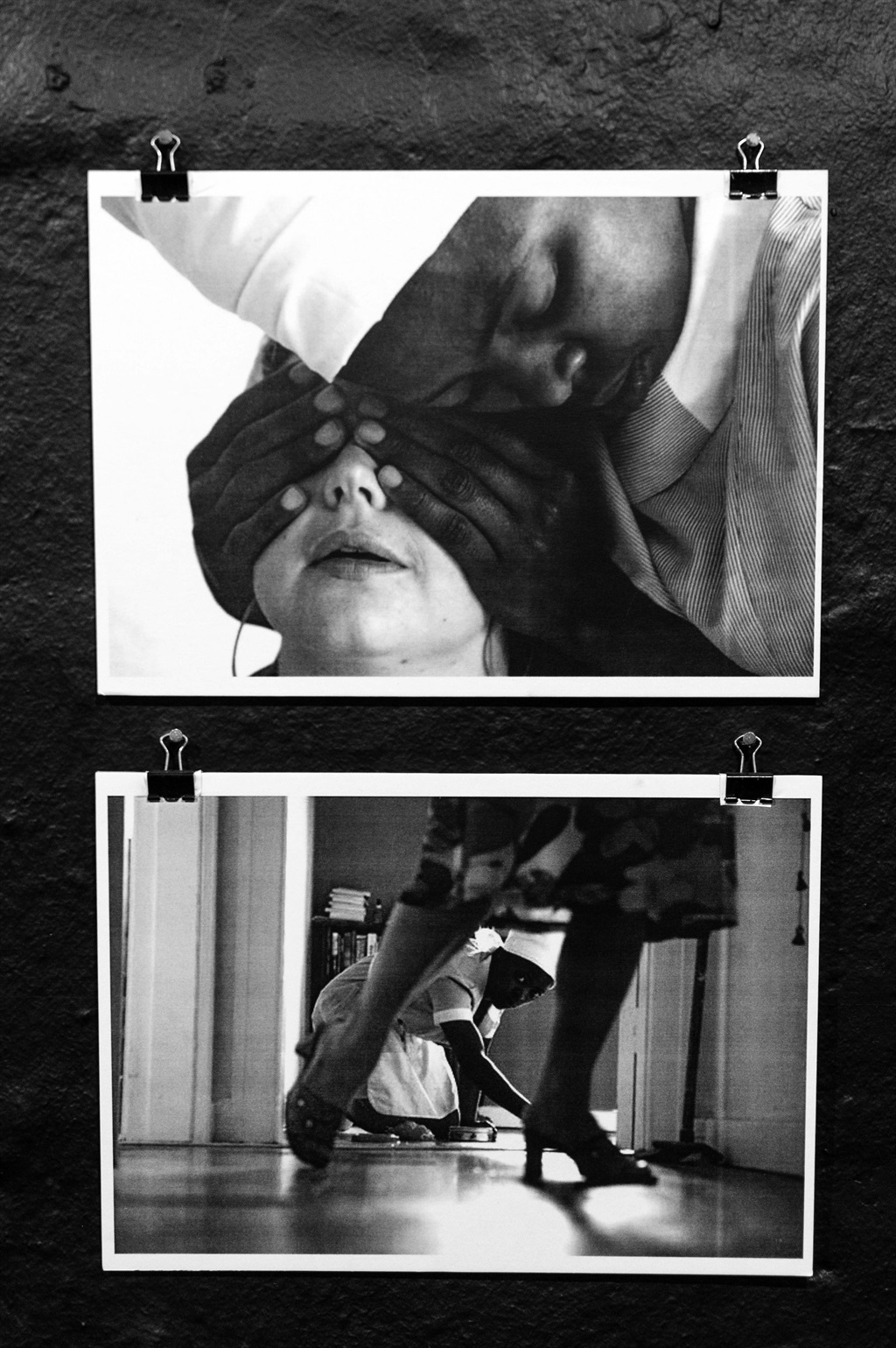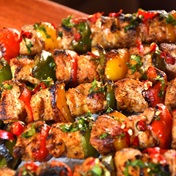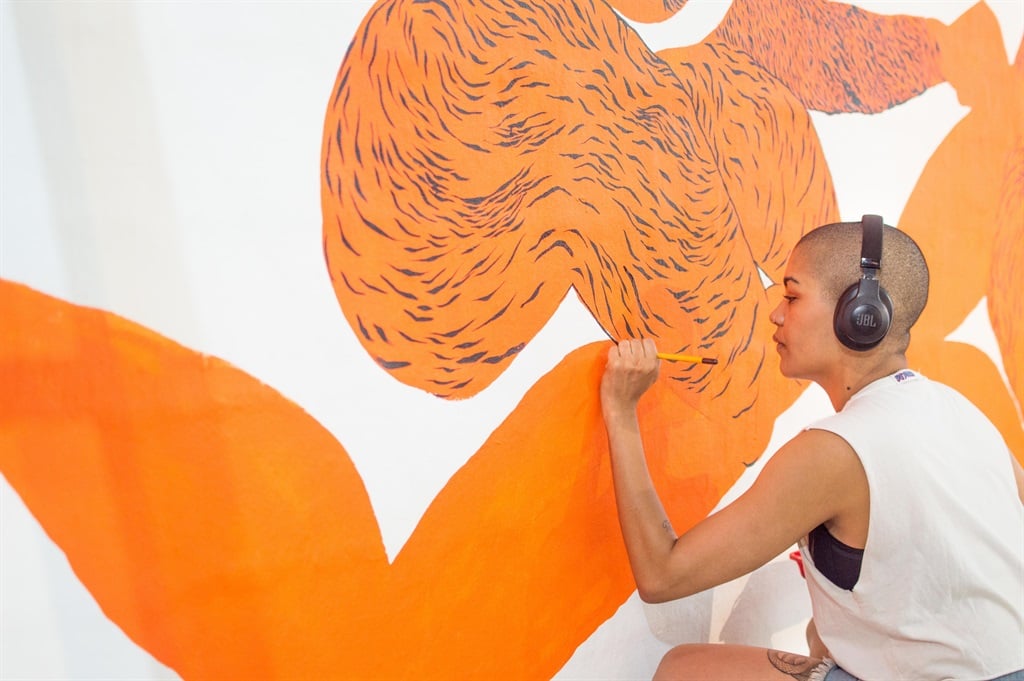
A new Durban art show interrogates the idea that we live in a truly post-apartheid society. Charl Blignaut chats to world-famous curator and KwaZulu-Natal homegirl Gabi Ngcobo.
The Immorality Act, prohibiting sexual relations between non-white and white South Africans, may have been repealed in 1985, but three decades later it still remains a case of necks craning and eyebrows raising when an interracial couple walks by.
It’s this reality, that race relations in South Africa are still far from normal and that black identity remains mired in our apartheid past, that spurred internationally renowned art curator Gabi Ngcobo to create Mating Birds Vol. 2, which opened at the KwaZulu-Natal Society of the Arts Gallery on Thursday.
It’s Ngcobo’s first exhibition since she took on one of the world’s biggest art events, the Berlin Biennale, to global acclaim, introducing the world to a range of mostly black and female artists who were overlooked by the gatekeepers of Europe’s art world.
Speaking to City Press in between hanging Mating Birds last week, Ngcobo said she was delighted to be home after 18 months in Europe, and to be working on a smaller exhibition.
“I’ve been trying to do as little as possible,” says the football-loving art star who was born in Umlazi township.
She studied art in Durban, but never dreamt that her collaborative approach would elevate her to the powerful position she occupies today.
This includes a seat on the committee to choose the curator for documenta in Germany, a rarefied exhibition of contemporary art that takes place every five years in the town of Kassel and which rounds up the globe’s leading artists.
Ngcobo doesn’t call Mating Birds an exhibition, though.
She calls it a “curatorial essay” because the artworks are positioned “in conversation” with one another and with many other texts, legal documents, newspaper clippings, films and objects.
True to form, Ngcobo has worked with two young female curators, Sumayya Menezes and Zinhle Khumalo, to bring the essay to life.
The shadow of ranting Facebook beach racist Penny Sparrow hangs over the Durban gallery, as does poet Koleka Putuma’s iconic work, Water, about being black on the beach.
Ngcobo’s show, funded by the department of arts and culture, is named in response to the iconic debut novel by the late Lewis Nkosi, one of the stars of the Drum era of journalism.
His 1983 book Mating Birds is framed by Durban’s segregated beaches, told by a black man awaiting execution for the alleged rape of a white woman.
Ngcobo was close to Nkosi before he died and spent much time with him when he lived in Basel, Switzerland. Nkosi, who died in Johannesburg, is buried in Durban.
“He always wanted to retire here and live at the beach,” says Ngcobo.
A centre piece on Mating Birds is a new mural, painted on the gallery wall this week by the increasingly famous art world rebel and fashion icon Lady Skollie, which shows an intimate tangle of human forms.
Another South African first is a screening on the show – multimedia artist Dineo Seshee Bopape’s latest film, Title Unknown, which casts a white man and a black woman, but tackles the Jacob Zuma rape trial.
Bopape, who won the R1.3 million Future Generation Art Prize 2017, is increasingly sought after internationally.
Far more explicit is imagery of renowned KwaZulu-Natal artist, the late Trevor Makhoba.
In his Great Temptation in the Garden, a wine-drinking madam brings the gardener a tin mug of refreshment, exposing her panties to him and with them the construction of separation and the taboo of desire that characterised interracial love in South Africa.
“A lot of people talk about transformation, but what has really changed?” asks Ngcobo.
“The show is a move away from pretty pictures. I’m hoping people will come and sit with the information on show and ask new questions about how the past lives in the present, including the homophobia and the hate speech entrenched in the Immorality Act, and its accompanying anti-homosexuality legislation.”
Scruffy, human and a complex entanglement of history, Ngcobo’s show highlights that apartheid was a sexually repressive system as well.
“Where we come from translates to how we occupy and create spaces of freedom today,” says Ngcobo, who is considered among the most sought-after thinkers in a changing global art world.
“A lot of people talk about transformation, but how much has actually changed here in Durban?”
There is hope, however, in some of the works on show that celebrate interracial love, such as Tracey Rose’s epic The Kiss and Billie Zangewa’s La Danse, from 2001 and 2004, respectively. Both works celebrate interracial love as natural.
Mating Birds Vol. 2 is on until February 10




 Publications
Publications
 Partners
Partners





